War scatters families, severs ties, and takes away the feeling of home. In times when the outside world becomes a source of pain and uncertainty, the family transforms into both the primary anchor of support and, simultaneously, a place where unexpressed tension accumulates. How does one find their place in a family system that has undergone such changes? How can we heal the invisible wounds and restore the warmth that war tries to take away?
Participants sought answers to these profound questions on July 25, 2025, within the walls of Poltava Polytechnic (room 318-C) during the art therapy session “Me and My Family in Little Figures”.
The event was organized for mothers of children with cerebral palsy by the university's practical psychologist Olena Kryvenko and PhD in Pedagogy, Associate Professor of the Department of Psychology and Pedagogy Maryna Teslenko, as part of the large-scale international Erasmus+ KA220-ADU project “TRUST” – Trauma of refugees in Europe: An approach through art therapy as a solidarity program for Ukraine war victims (Grant No. 2024-BE01-KA220-ADU-000257527).
The project title is decoded as follows:
TRUST
T – Trauma
R – Refugees
U – Ukraine
S – Solidarity
T – Therapy
The project is co-funded by the EU and led by the Centre Neuro Psychiatrique St-Martin from Belgium, in partnership with the National University “Yuri Kondratyuk Poltava Polytechnic” (Ukraine), Greek Carers Network EPIONI (Greece), Fondazione Don Luigi Di Liegro (Italy), Lekama Foundation (Luxembourg), EuroPlural Project (Portugal).
The journey into the depths of family history began with a warm and trusting conversation. The “My Favourite Toy” exercise served as the bridge that connected the adult participants with their inner world of childhood. Participants were asked to remember themselves at the age of five, recall their favourite toy, and then tell its story. The stories varied: some recalled how long they had dreamed of a cherished gift, while others remembered never receiving what they wanted, but fulfilled that dream for their children. Some recalled having many toys and no particular favourite. This seemingly simple step allowed for the creation of an atmosphere of safety and honest self-contact, preparing the ground for deeper work.
The central and most profound stage was the exploration of one's own family through the symbolic arrangement of small figures, combining imagery, role-playing, and drawing to work through internal conflicts, traumatic experiences, or unconscious aspects of one's personality, to define one's place in the family and the inner experiences associated with it, and to find resources for harmonizing family relationships. This unique method allows for a silent yet compelling dialogue with the subconscious. Participants chose figures symbolising themselves and their family members and arranged them in the space. Who stands nearby, and who is at a distance? Who is looking at you, and who has turned away? Where is warmth felt, and where is there a cold void? This process makes invisible internal dynamics visible. It allows one to look at their family system from the outside, to understand their place in it, and to see hidden conflicts or, conversely, unexpected resources. It is an opportunity to touch one's own story without judgment and criticism, which is the first step towards healing.
After a deep dive into the family structure, participants transitioned to creative visualisation. The “My Family as...” exercise helped transform complex feelings into a holistic, resourceful image. The responses were incredibly touching. One participant saw her family as a puzzle, commenting, “We are all different, but together we form one beautiful picture”. Another imagined her family as a vibrant bouquet that inspires and brings joy. Such metaphors help shift the focus from problematic aspects to the family's strengths, to see its value and beauty, which becomes a source of strength for future changes.
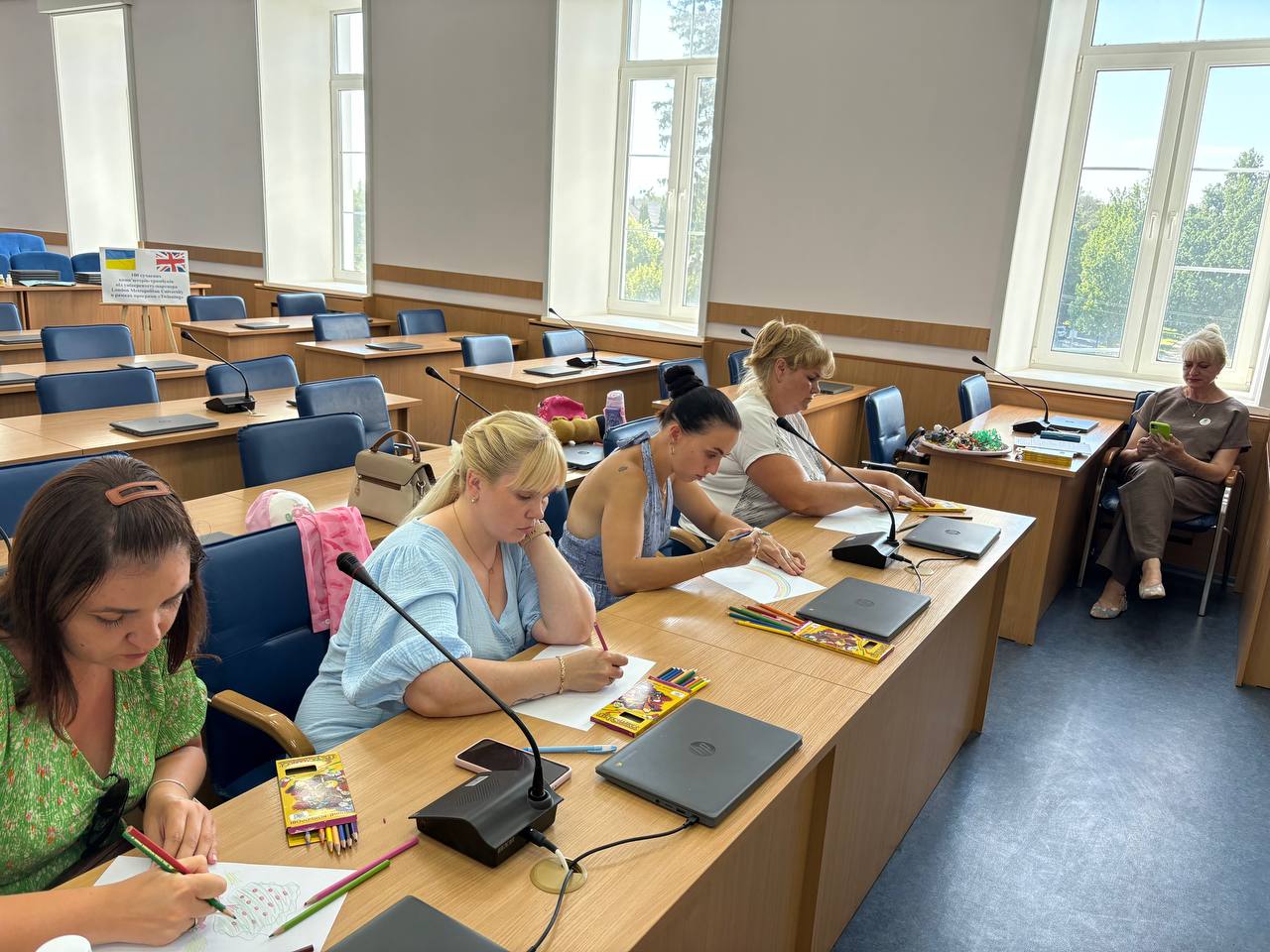
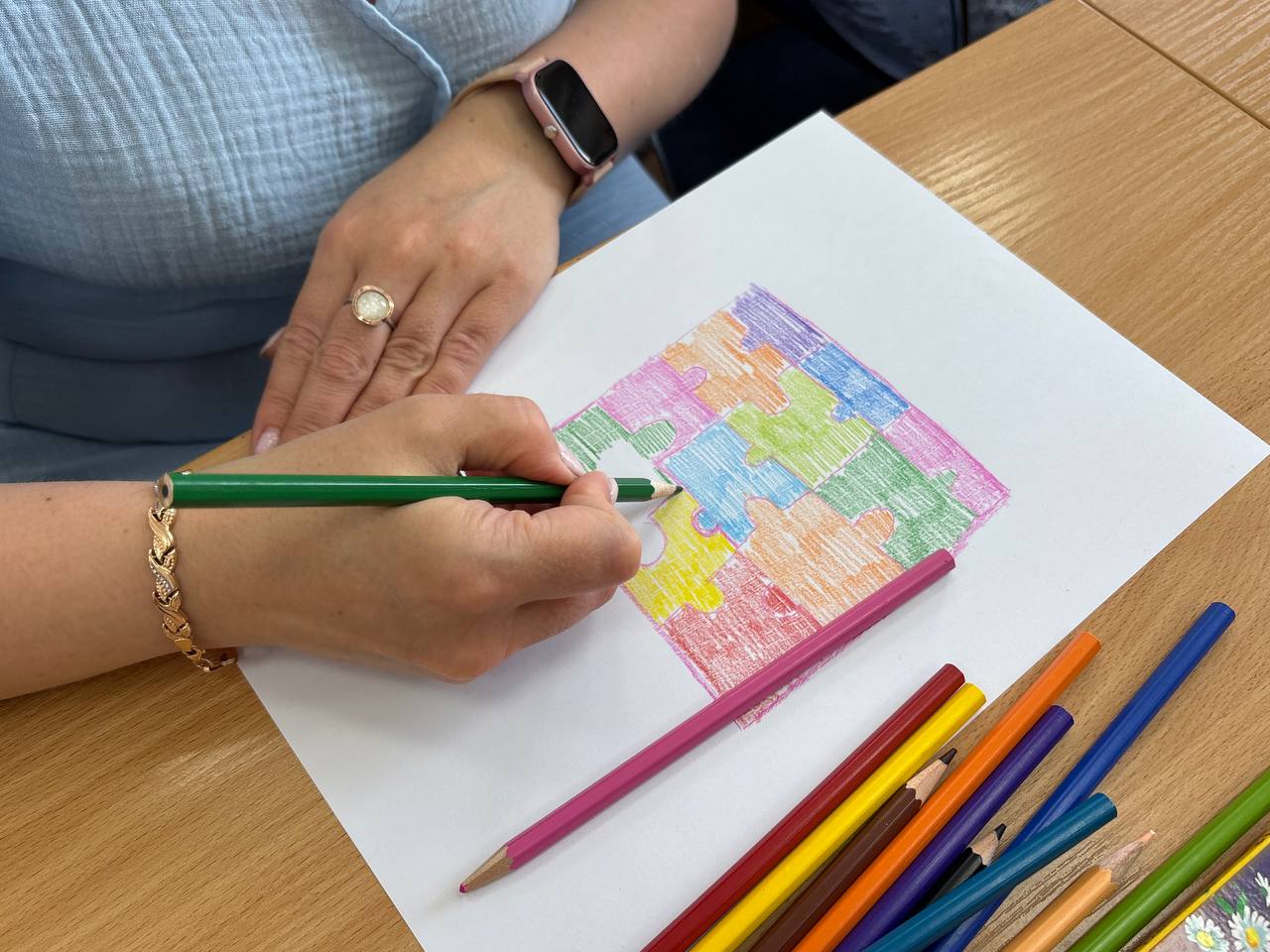
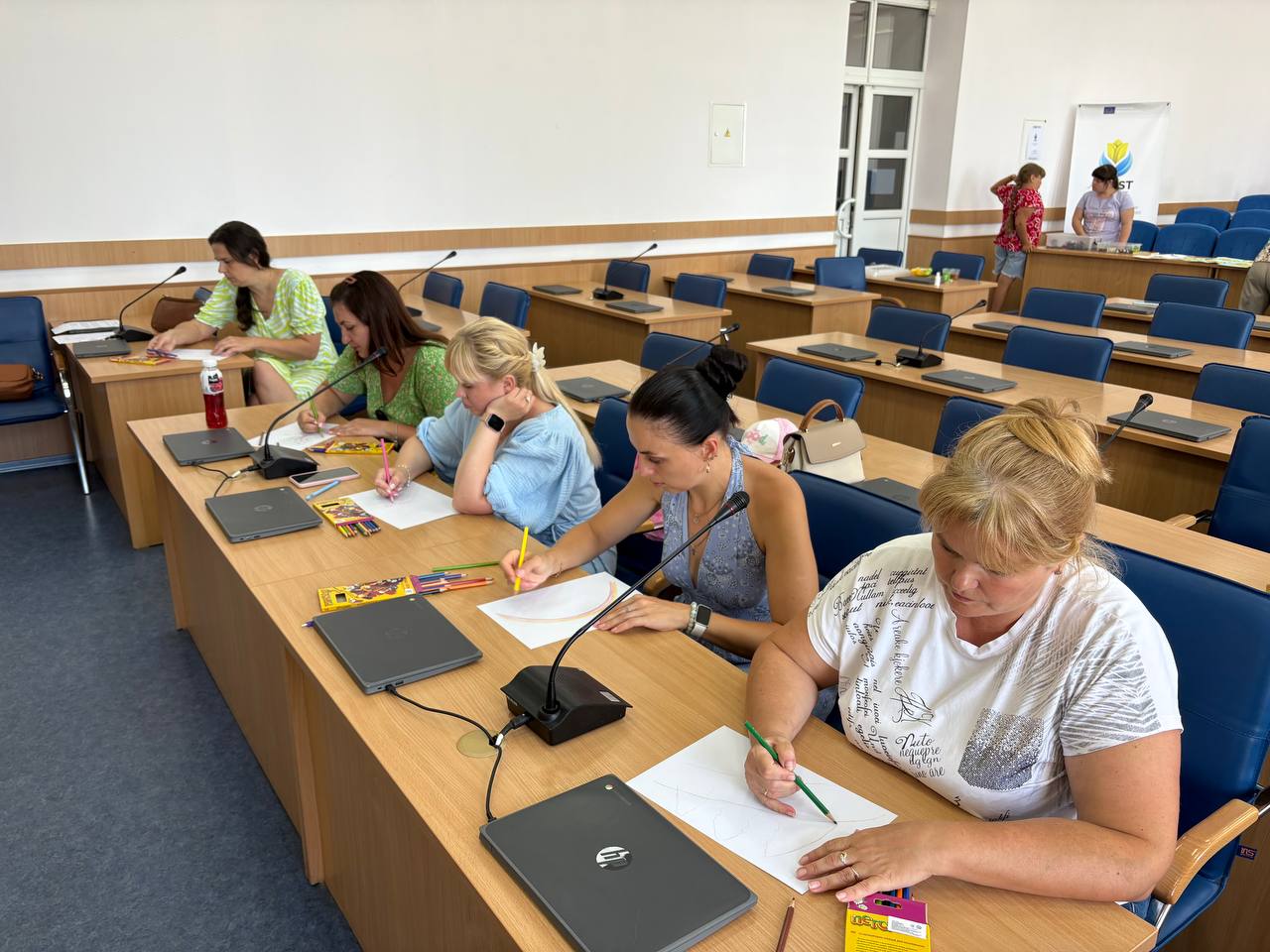
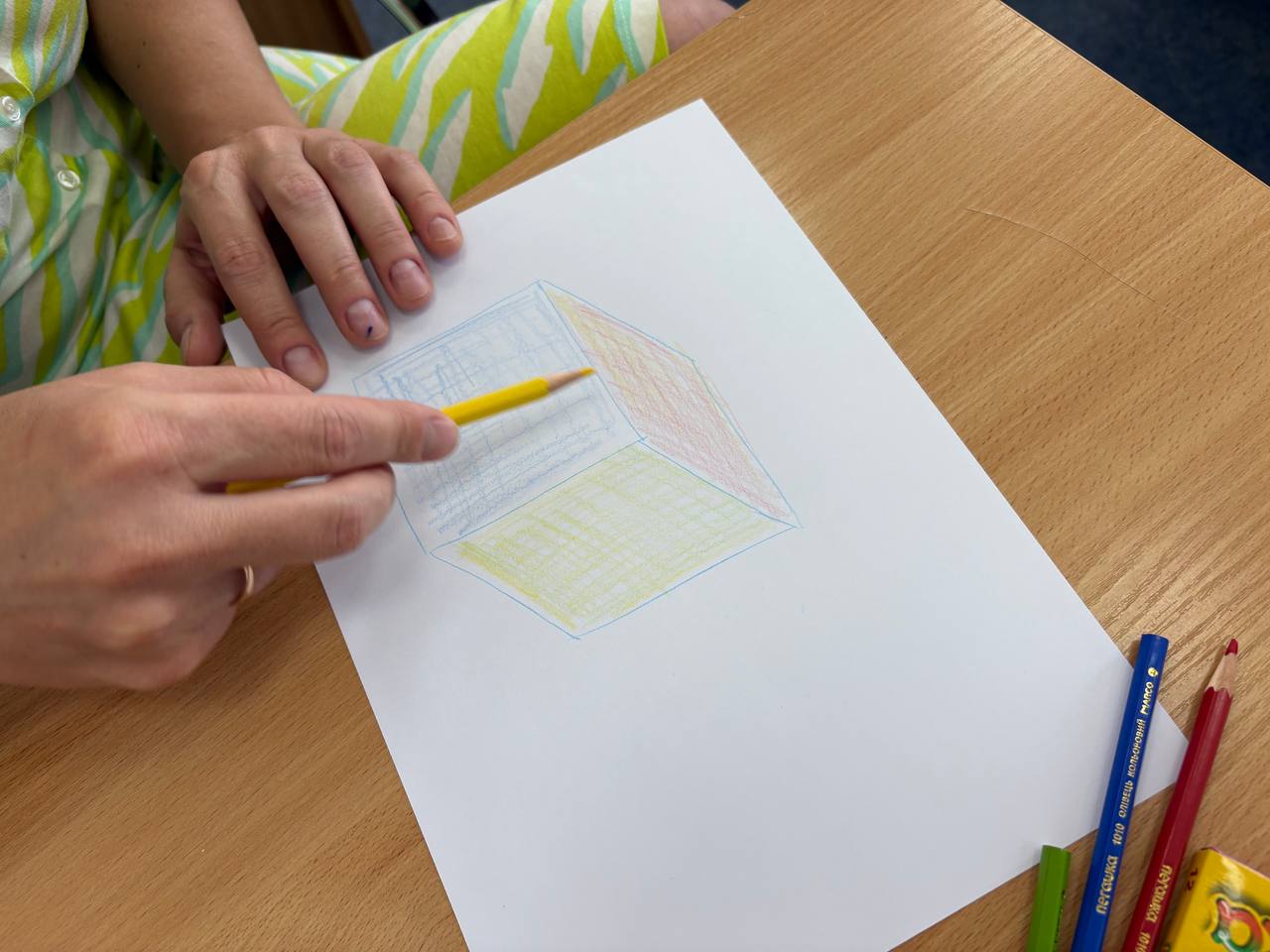
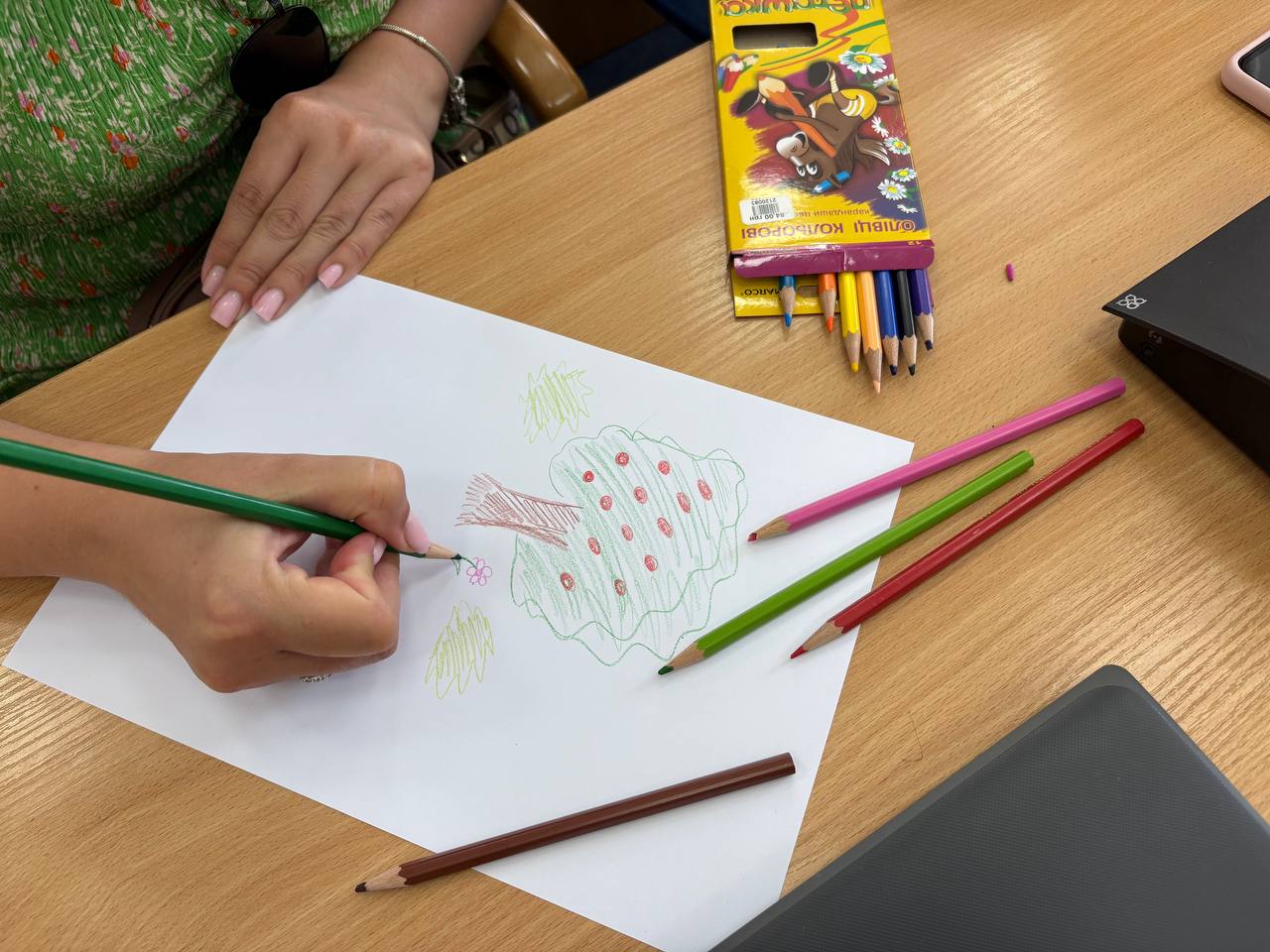
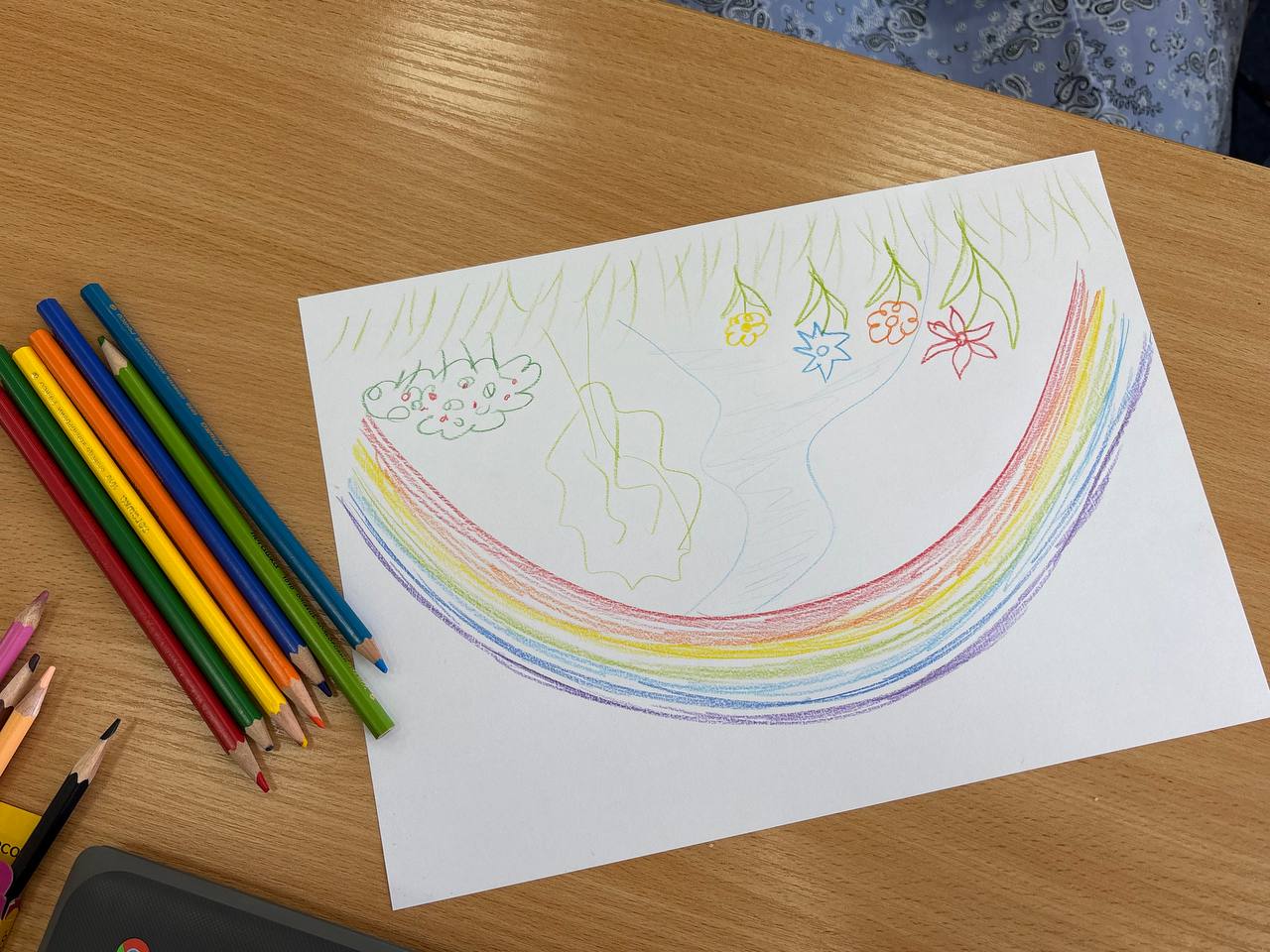
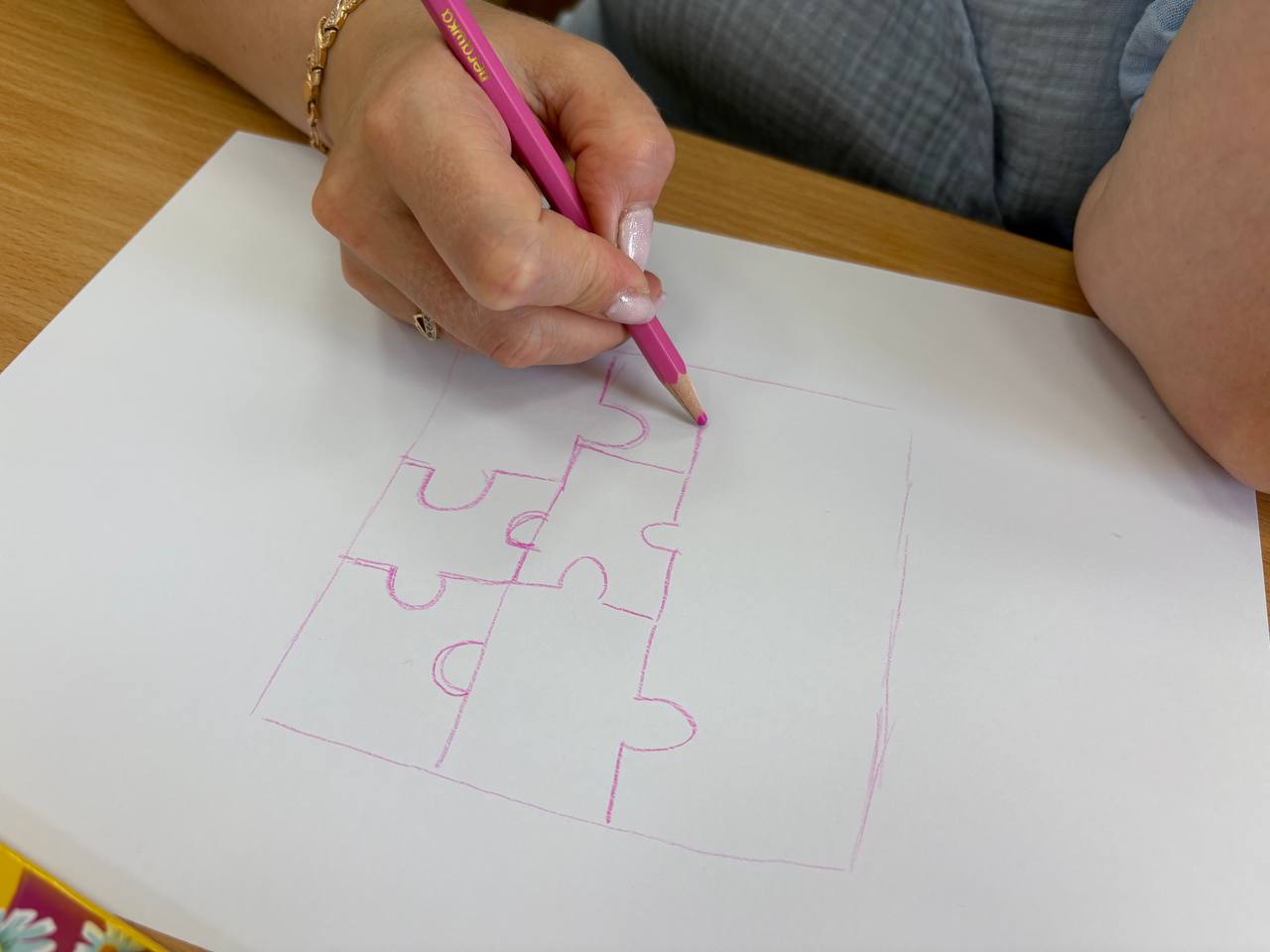
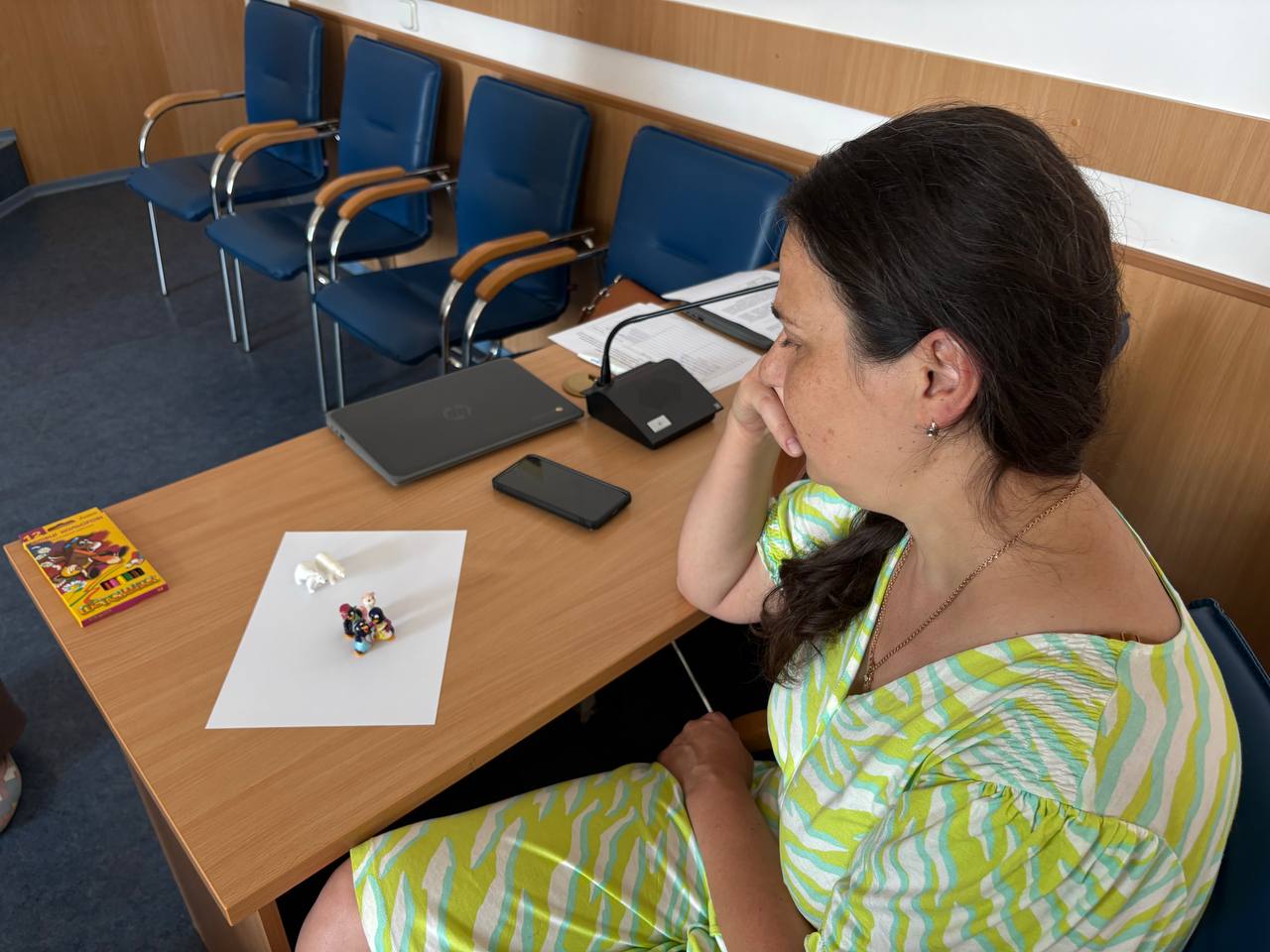
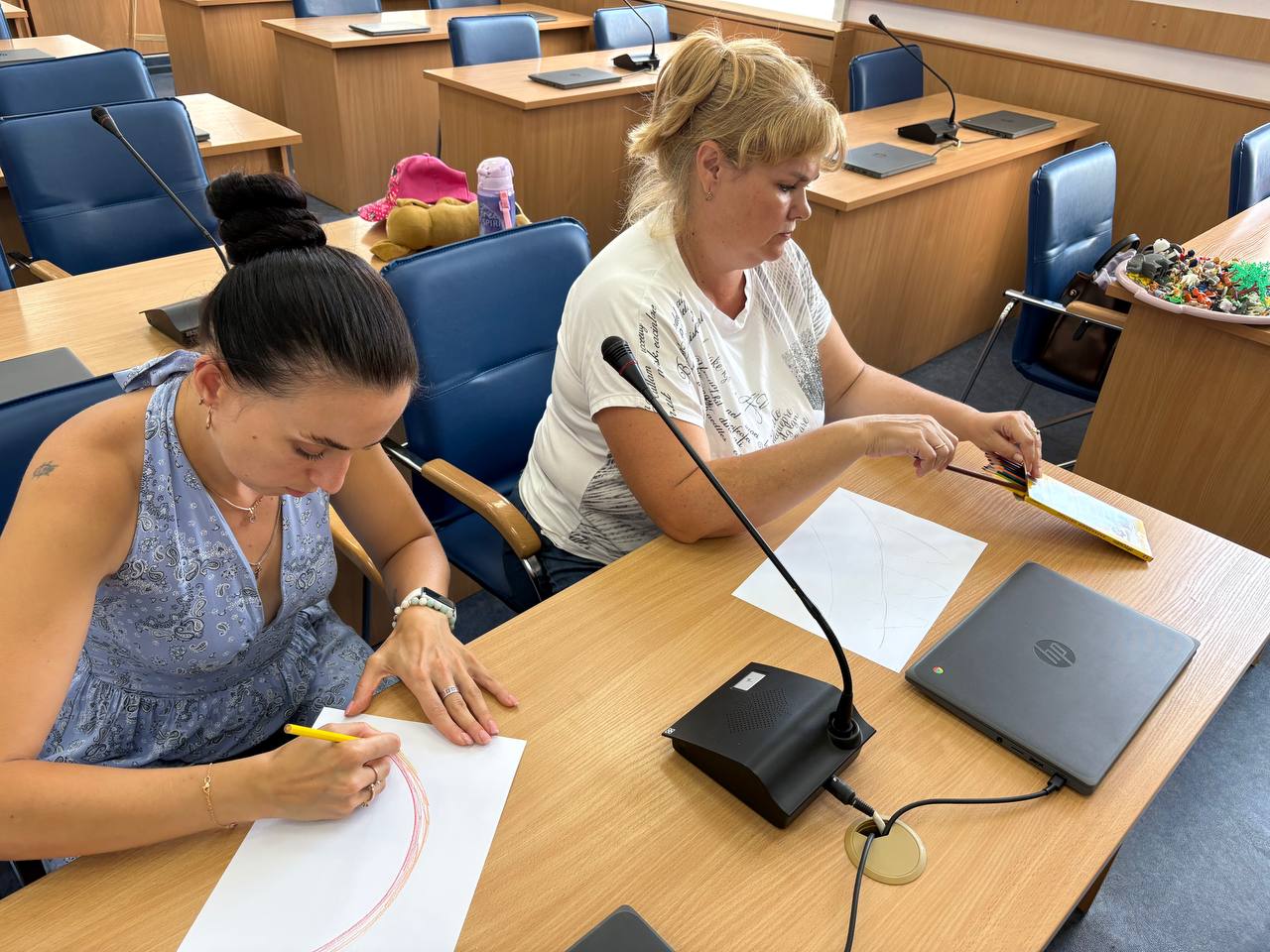
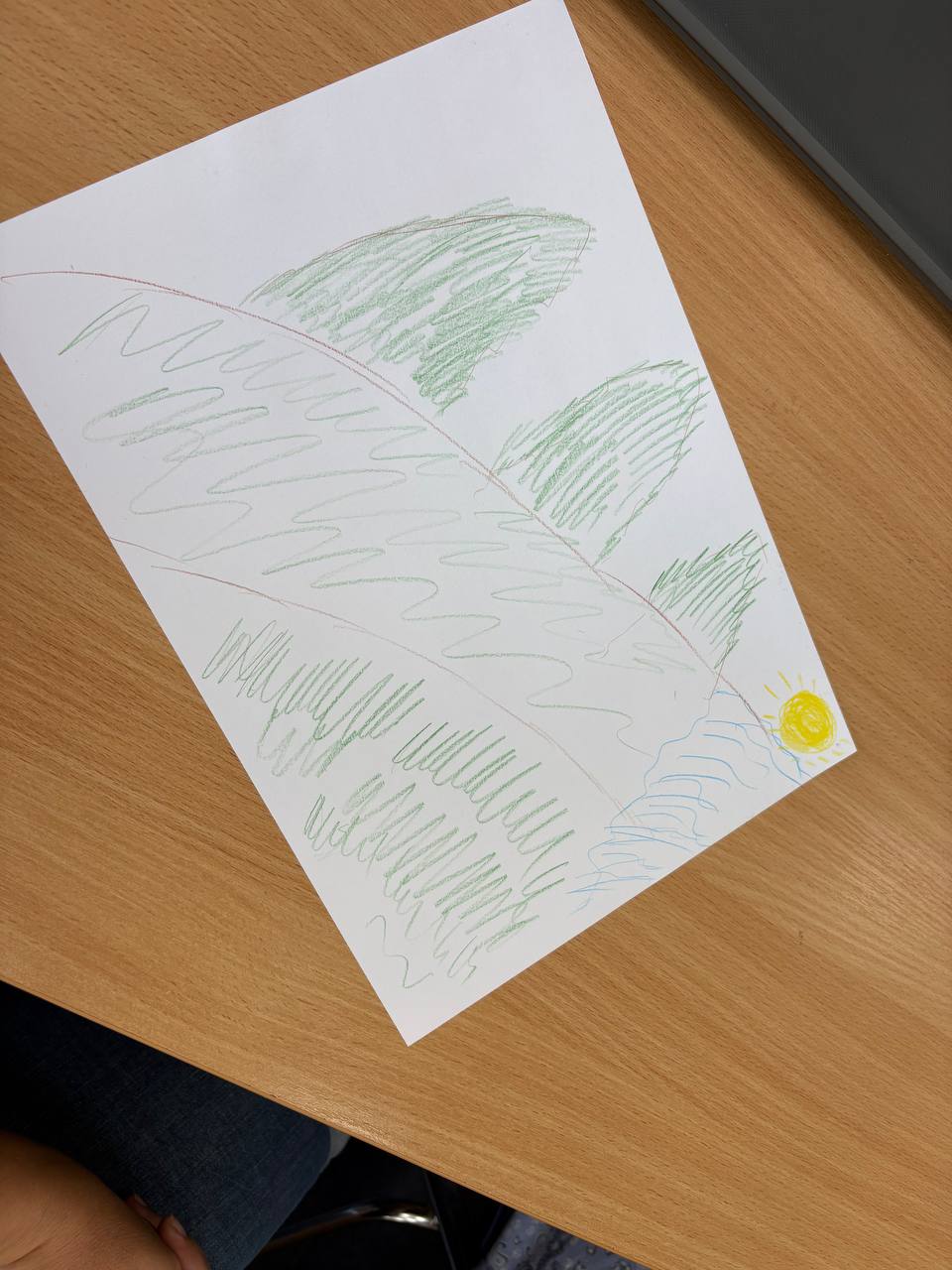
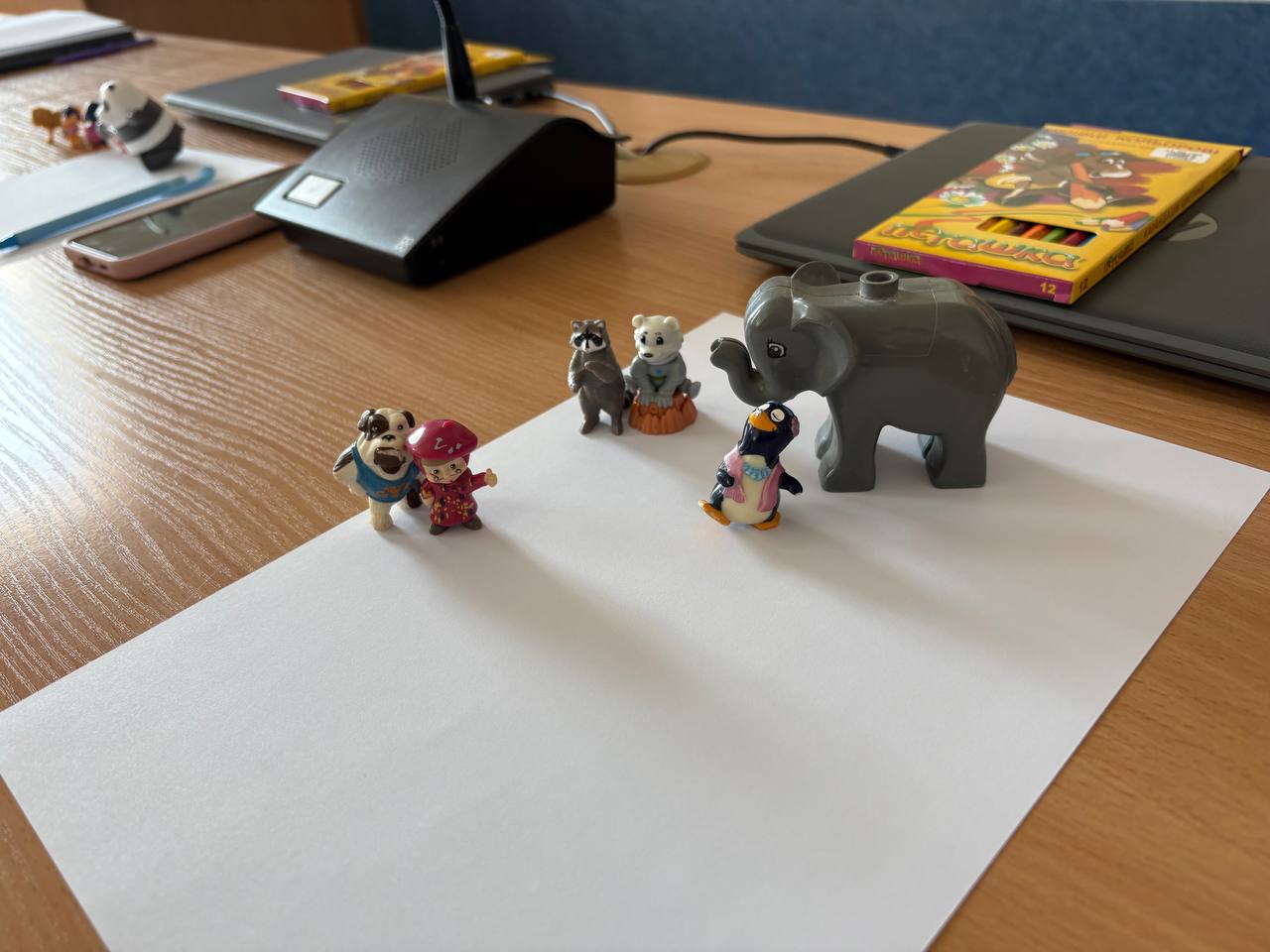
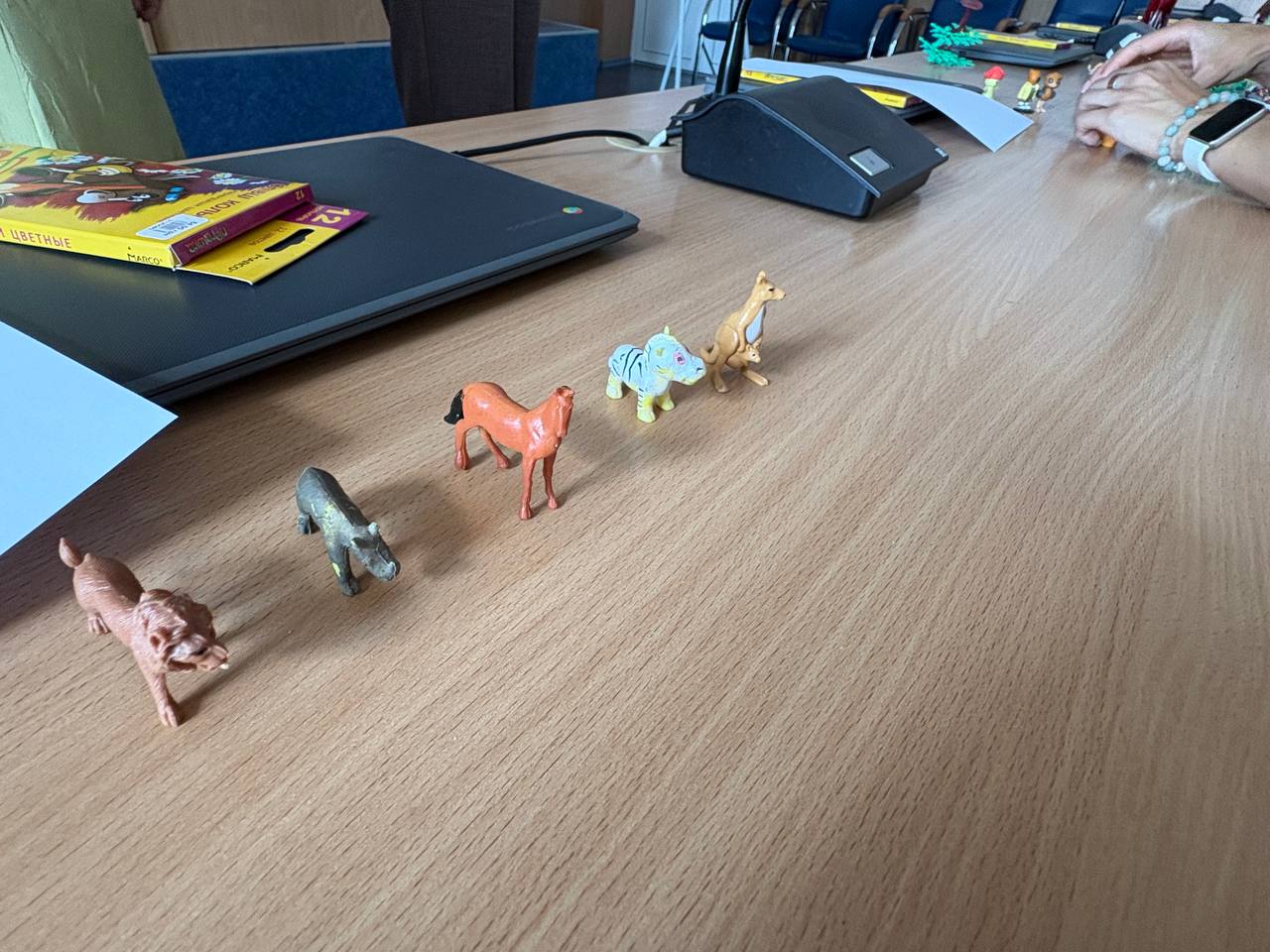
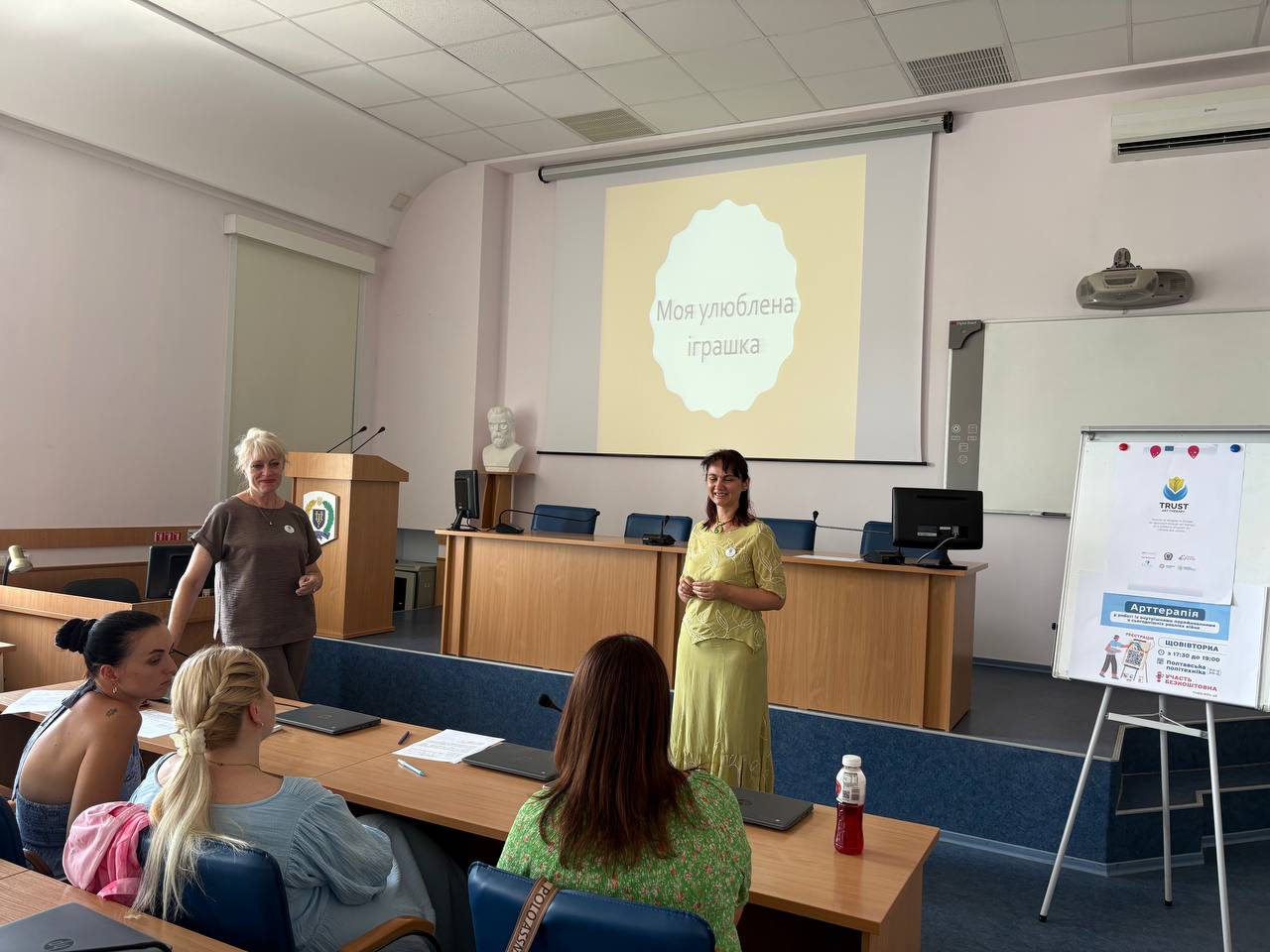
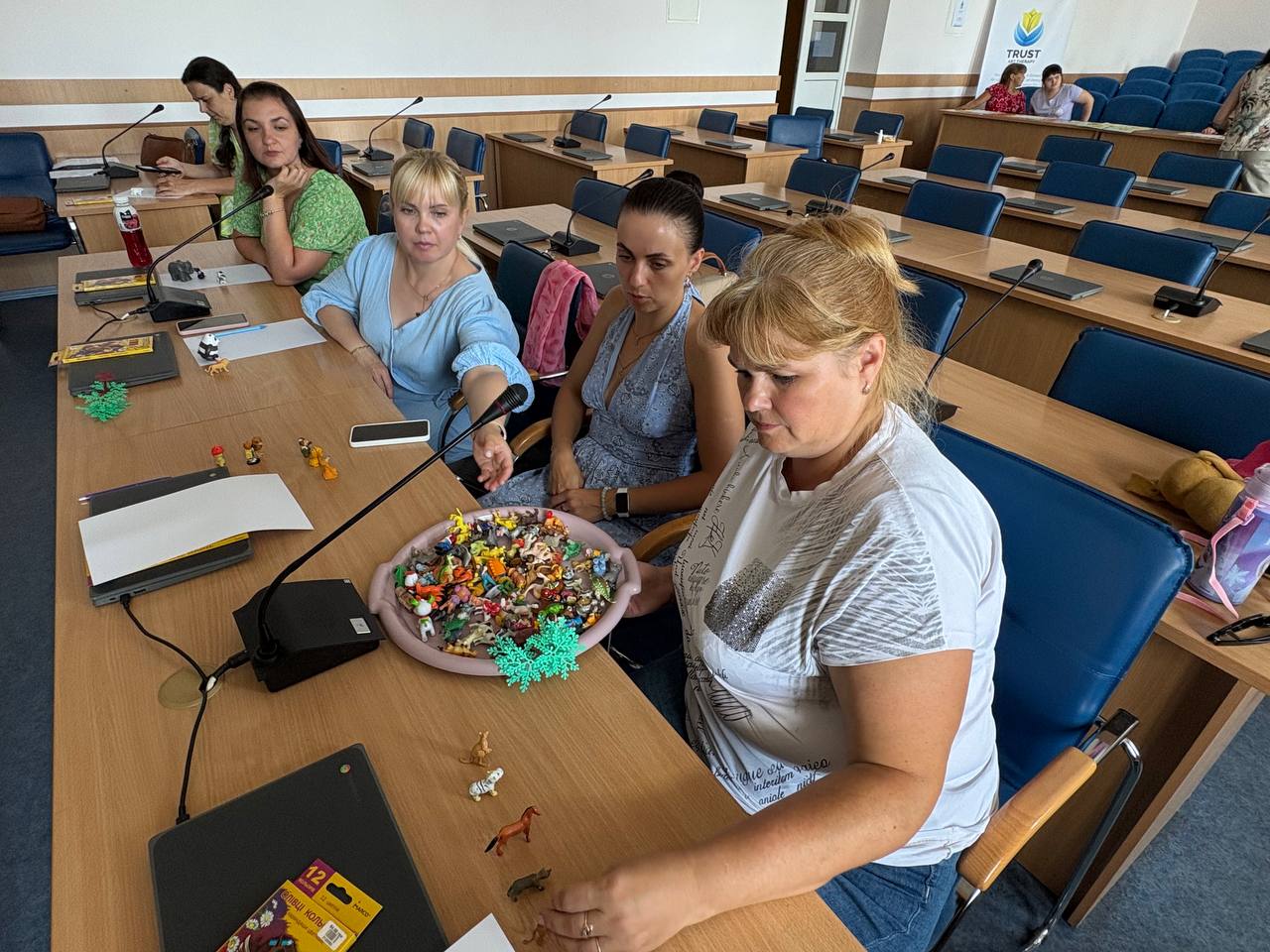
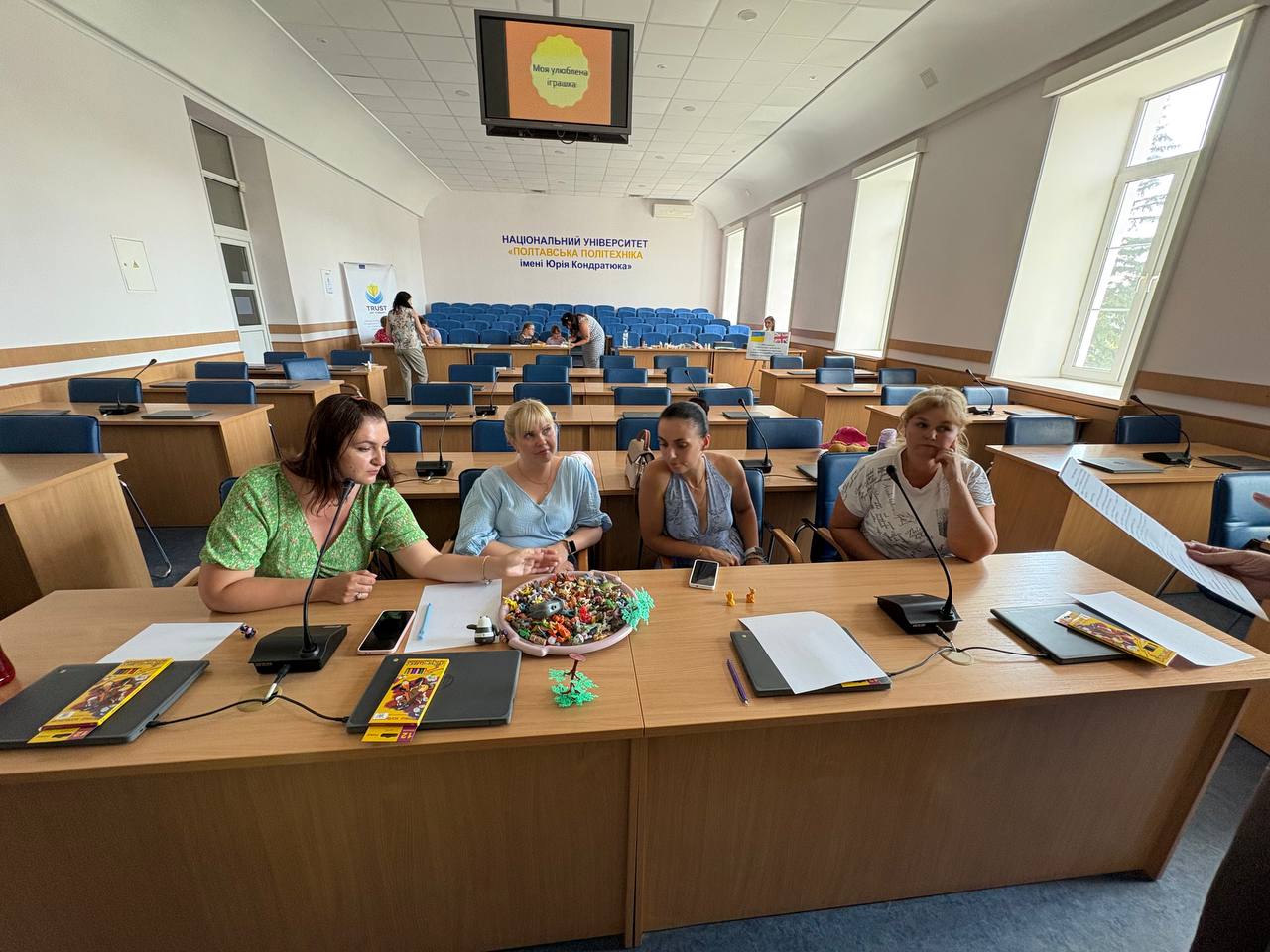
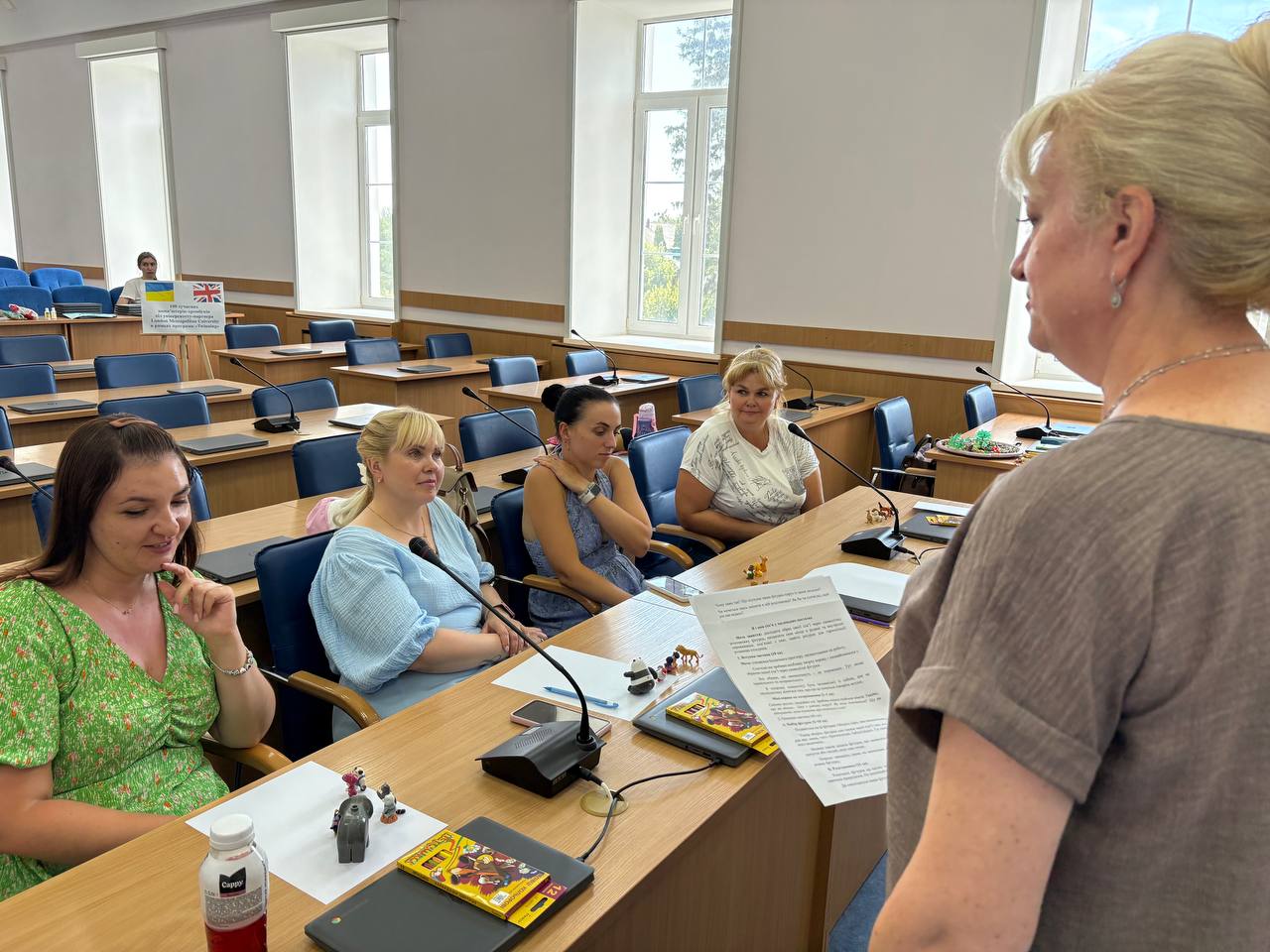
According to Olena Kryvenko and Maryna Teslenko, the primary goal of such sessions is not just to diagnose problems, but to give people the tools to harmonise relationships and to take responsibility for their own needs and boundaries.
The meeting concluded in an atmosphere of quiet relief and gratitude. Participants shared discoveries about themselves and their families, a feeling of warmth, and a desire to support one another. These meetings within the TRUST project are more than just events. They are islands of healing where Ukrainians experiencing hard times can find support, restore their inner resources, and feel once again that home is not a place on a map, but a state of the soul that can be nurtured in one's own heart.
We remind you that lecturers of Poltava Polytechnic can participate in academic mobility and internship programs. Students can study abroad for a semester or a full academic year under the Erasmus+ credit mobility grant programs at leading universities in Austria, Greenland, Denmark, Estonia, Finland, France, Germany, Greece, Ireland, Italy, Latvia, Lithuania, Luxembourg, the Netherlands, Norway, Poland, Portugal, Romania, Slovakia, Spain, Sweden, and the Czech Republic.
For more detailed information on current programs for internships, teaching, and academic mobility abroad, please get in touch with the International Relations Office (Room 213-C, interoffice@nupp.edu.ua) or the Coordinator of International Activities of the National University “Yuri Kondratyuk Poltava Polytechnic” – Anna Pavelieva, PhD in Philology, Associate Professor of the Department of Germanic Philology and Translation (email: kunsite.zi@gmail.com, phone: +3-8-(095)-91-08-192).
Media Centre of
National University “Yuri Kondratyuk Poltava Polytechnic”



